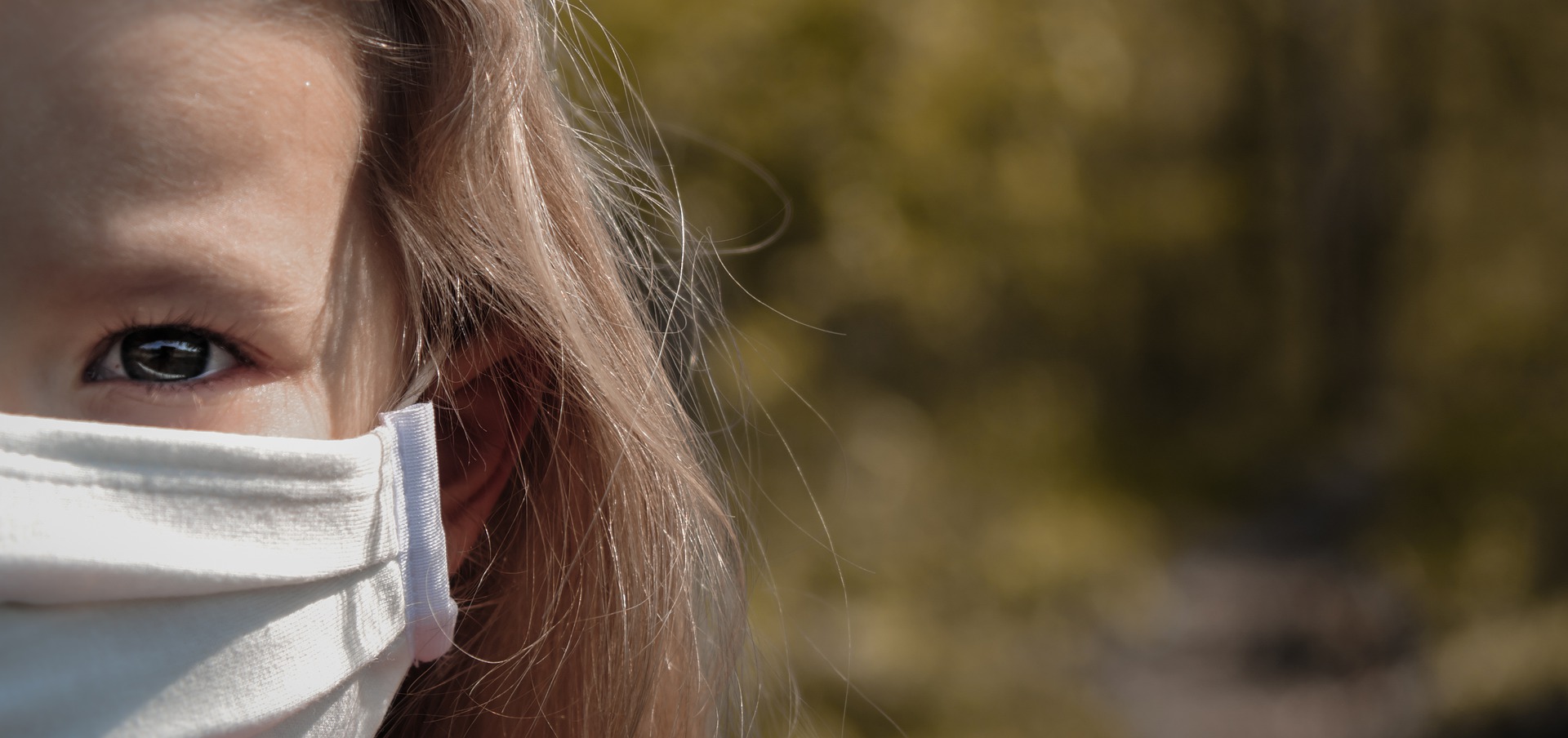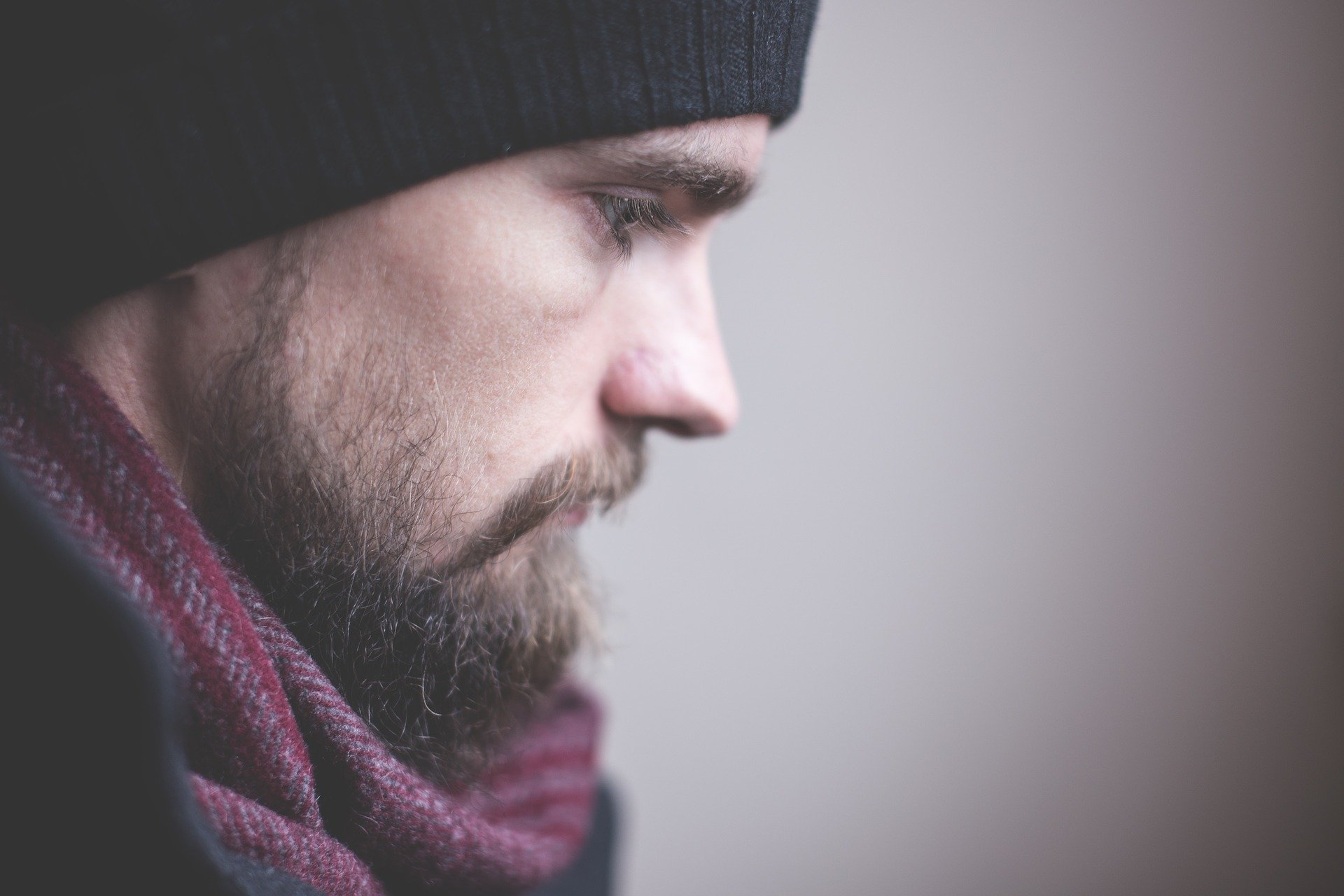With weight loss surgery, a lot of emphasis is put on the physical changes that happen to the body, and what toll the surgery may take on someone’s physical health. However often the emotional health of someone getting surgery is ignored.
Having bariatric surgery often means a huge change to a person’s life. Quite apart from the physical toll of the surgery itself and the recovery, there are substantial changes to a person’s diet and their relationship with food. Before and after surgery, what we can eat will change substantially, and that can be very hard for people to come to terms with.
Many obese people use food as an emotional crutch. It’s used as a reward, or as a means of consolation. We might over-eat in response to a whole range of emotions such as stress, sorrow, grief, happiness, pain, and so on. And we will often over-eat to try and suppress or drown out those emotions.
The act of getting bariatric surgery is very often only the start of the journey in dealing with a food addiction. It’s a tool to help us press the reset button for our overeating. But with it comes a whole range of emotional issues that need addressing.
Isolation and loneliness
A lot of people might feel reluctant about telling others that they’re having weight loss surgery. They might feel that people might judge them negatively for not being able to manage their weight without resorting to surgery, and maybe even feel ashamed.
Others might be open about their surgery, but still come across strange reactions from those they tell, maybe because of a lack of knowledge about weight management issues, or a lack of empathy to understand their past struggle with weight.
All this can lead to feelings of loneliness and isolation. It can feel like nobody else really understands why you’re having weight loss surgery, and what effect it might have on you. Some might not have anyone to talk to about it, and that can make the bariatric journey feel quite lonely.
Mourning the loss of food
After bariatric surgery, gone are the days when we can enjoy a hearty meal. Gone are the days when we can binge eat a whole tub of ice cream. Gone are the days when we can enjoy the same portion sizes that we’ve enjoyed in the past.
Eating after weight loss surgery means that portion sizes are significantly smaller, and the types of foods we can eat are also restricted. We have to avoid sugar or else face the horrible effects of dumping syndrome. And to get the best weight loss results our diet needs to change to be protein-rich, and also low in fat and carbohydrates. And some of the tastiest foods we enjoy are pumped full of sugar, fat and carbs!
And so, when coming to the realisation that we can no longer enjoy the foods we used to eat, we often go through a period of grief and mourning for those foods. And that period of mourning is tough – especially if those foods played a big part in our old diet.
Emotional trauma of the operation
When recovering from any operation, we tend to concentrate on the physical recovery. We talk about how well the wounds are healing, or how bad the pain is, or whether there are any complications.
What we don’t always call out is that having an operation – any operation – can cause emotional trauma. This might have been ignored or suppressed on the run up to surgery, as we concentrate on our pre-surgery diet and focus on the big day itself. And it might only be after surgery when we get home that the emotional toil catches up with us.
And it’s important to recognise that it takes time to get over this trauma. A body might physically recover quite quickly, but it might take longer to process through the emotions – such as anxiety and worry – from the surgery.
Lack of support from friends and family
Many friends and family struggle to understand the weight-loss journey, unless they themselves struggle with their weight. They don’t understand that the surgery itself is only the beginning of the journey. They might worry about the risks of the surgery itself, but once you are over that, their concern might quickly slip away.
Unless they have taken the time to educate themselves about the bariatric journey the probably can’t empathise with the ongoing weight loss journey that follows after surgery. And at social events in the future they might not fully understand they you can’t eat and drink in the same way as before.
There are some cases where friends and family – and even partners – trying to sabotage someone getting weight loss surgery. On a purely selfish level they might not want their loved ones to lose a lot of weight, because it has the possibility to change the dynamics of the relationships.
Positive changes that can help emotional health
While it’s important to acknowledge the challenges to our emotional health, and take the time to heal, there are also some ways in which we can all make positive changes to make the road to emotional recovery a little easier:
- Find support elsewhere. If the people around don’t understand the bariatric journey then support can be found elsewhere. Some hospitals have their own bariatric support groups, and there are a couple of good online forums with people that can offer help and advice. And hopefully by connecting with others getting weight loss surgery, it can help to feel less isolated.
- Get outside and exercise. Even if it’s just a short 10-minute walk at the start, getting outside for some fresh air and exercise will help with the production of endorphins – which help relieve stress and pain.
- Find new hobbies and activities. After losing some weight it can often mean that people have more energy and are physically able to do more. This might be an ideal time to take up new hobbies and channel that new-found energy into something interesting.
- Organise social activities that don’t involve food or drink. Sometimes people are a bit lazy when planning social occasions, and suggest meals out or going to the pub for a drink – activities that bariatric people might feel excluded from. So instead why not be proactive and suggest alternate activities for getting together with people – such as a walk, or a dance class, or a trip to the cinema or theatre.
Does this match your experience? Do you have some advice that might help? Do you have any experience with emotional health that you’re happy to share? Then please leave a comment below:






2 Comments